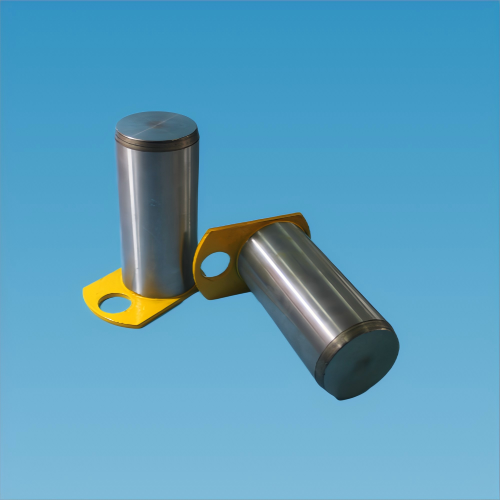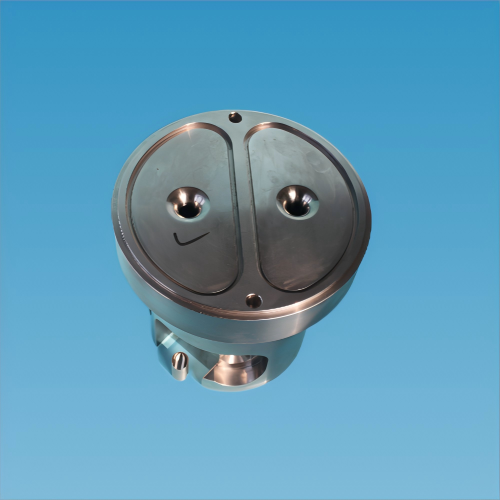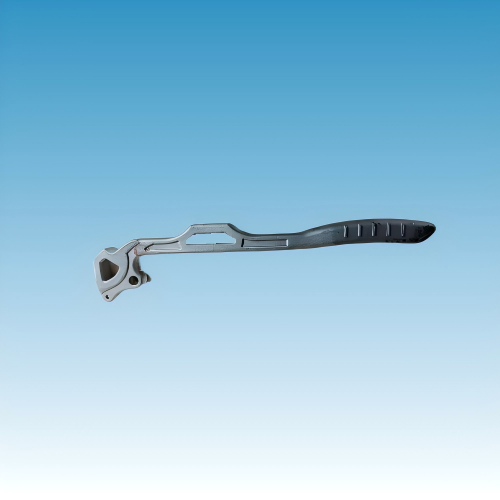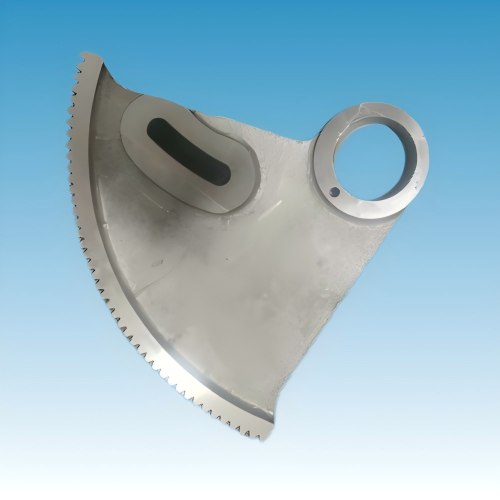
- WENLING ZHEJIANG CHINA
- [email protected]
- 86 18958695512
- Home
- PRODUCT
- Other products components
- Automatic Transmission parts custom auto shell of gearbox
Automatic transmission parts best quality auto shell of gearbox
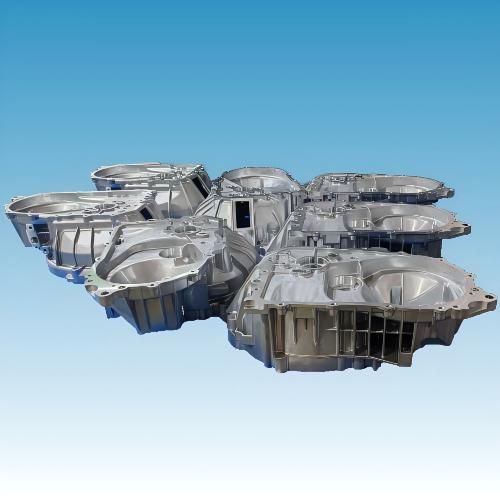
Automatic Transmission parts Dual Clutch Transmission Gear Shell of gearbox custom auto Chinese factory Die Casting Aluminum Custom Auto Transfer Gearbox
SC205BB6002
the shell not only meets performance expectations but also adheres to environmental regulations and manufacturing sustainability. Some shells are even designed for easy recycling, contributing to the circular economy in the automotive industry.
NAME:custom auto shell of gearbox
MODEL:SC205BB6002
MATERIAL: FOLLOW YOUR REQUIREMENT
MOQ: AS YOUR REQUIREMENT
DELIVERY: ACCORDING TO YOUR QUANTITY
SAMPLE: SAMPLE OFFERED
ORIGIN PLACE: ZHEJANG CHINA
SERVICE: OEM ODM CUSTOMIZED
ADVANTAGE: PROFESSIONAL TEAM HIGH QUALITY

Why Choose a Good Quality Transmission Gearbox Shell for Auto Parts
In the automotive industry, transmission systems are the backbone of vehicle performance and reliability. At the core of these systems lies the gearbox shell, a crucial structural component often overlooked by end-users but highly valued by engineers and manufacturers. The quality of the transmission gearbox shell plays a vital role in ensuring the durability, safety, and functionality of the entire drivetrain. Whether you’re an original equipment manufacturer (OEM), parts distributor, or repair technician, investing in high-quality gearbox shells is a decision that brings long-term benefits in performance, efficiency, and customer satisfaction.
1. Structural Integrity and Protection
The primary function of a gearbox shell is to house and protect the internal transmission components—including gears, shafts, bearings, clutch packs, and hydraulic control systems. A high-quality shell ensures:
-
Precise alignment of gear shafts to reduce friction and wear.
-
Structural rigidity to withstand the torque and vibrations of engine operation.
-
Effective sealing to prevent oil leaks and contamination from dust or debris.
2. Material Strength and Durability
Premium gearbox shells are typically made from aluminum alloys, cast iron, or high-strength composite materials, depending on the vehicle’s application. These materials are selected for:
-
Corrosion resistance
-
Heat dissipation
-
Load-bearing capacity
In automatic transmissions especially, heat buildup is a constant concern. A well-designed, high-quality shell contributes to efficient thermal management, reducing the risk of overheating and extending the life of the transmission oil and components. Cheaper materials may corrode faster, distort under pressure, or fail in high-performance environments.
3. Precision Engineering and Compatibility
Each vehicle model requires a specifically shaped and machined gearbox shell to ensure perfect fit and function. A reputable manufacturer uses CNC machining, pressure die casting, or gravity casting techniques to achieve extremely tight tolerances.
Poorly engineered or knock-off shells often suffer from:
-
Misaligned mounting holes
-
Uneven surfaces
-
Improper dimensions that lead to vibration or difficulty in installation
4. Support for Customization and Aftermarket Needs
For performance vehicles, electric vehicles (EVs), or commercial applications, custom gearbox shells are increasingly in demand. High-quality shell manufacturers often provide:
-
OEM/ODM services
-
Design consultation
-
Prototype testing
This allows for tailored transmission systems optimized for specific torque requirements, space constraints, or weight reduction goals. An inferior supplier may not be able to meet these technical demands or offer customization flexibility.
5. Improved Safety and Reliability
Transmission failure on the road can lead to sudden power loss, gear locking, or overheating—all of which are safety hazards. A robust gearbox shell:
-
Maintains internal oil pressure and lubrication pathways
-
Prevents mechanical misalignment or slippage
-
Withstands impact or vibration during rough driving conditions
In commercial fleets or long-distance transport vehicles, reliability is critical. Fleet managers often prefer higher upfront investment in quality components to avoid the cost of downtime, repairs, and customer dissatisfaction.
6. Cost Efficiency Over Time
Though a premium gearbox shell may cost more initially, it saves significantly in the long run by:
-
Reducing maintenance and repair frequency
-
Extending the life of the transmission system
-
Preventing early vehicle failure or warranty claims
Conclusion
Choosing a good quality transmission gearbox shell is not just about protecting gears—it’s about protecting your reputation, your investment, and your customers’ safety. Whether for new vehicle assembly, aftermarket customization, or repair services, high-quality shells provide the foundation for efficient, durable, and reliable transmission systems.
Shenchi technology co.,is a professional OEM machinery factory located in Wenling zhejiang,China. The main business includes CNC turning and milling parts, CNC machining center parts, etc.We can complete the mold product, logo customization and finish services including sandblasting, powder coating, anodizing, electroplating, polishing and laser etching.
© Shenchi Company All Rights Reserved.

